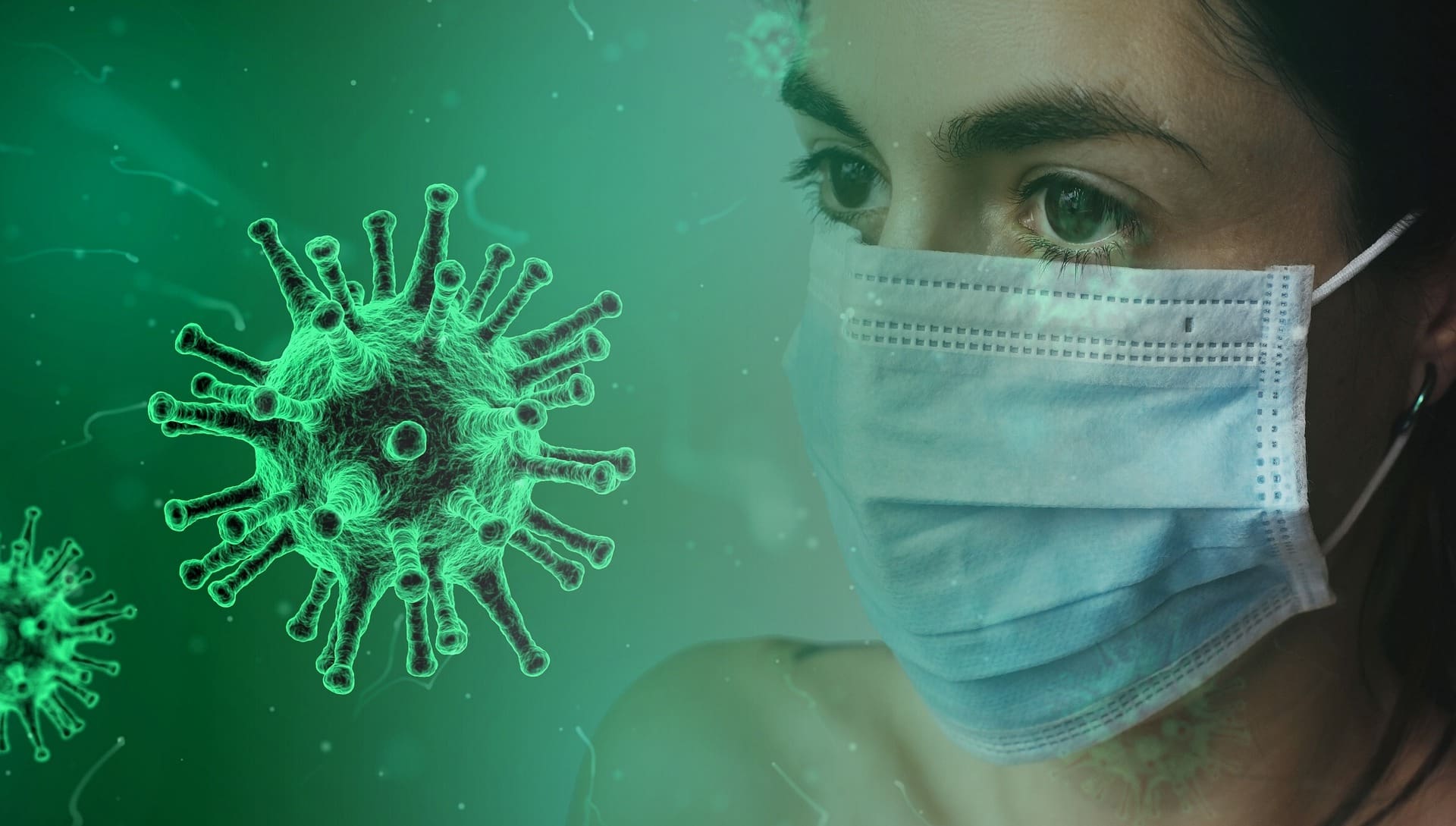
Coronavirus scams: How to avoid falling victim to them
With news of the COVID-19 pandemic continuing to spread as fast as the virus itself, sadly so too are coronavirus related scams.
These scams are not just in the context of trying to capitalise on scarcity by massively overcharging for hand sanitiser and toilet paper but they are more subtle and pernicious tools that hackers and identity thieves are using to try to take advantage of the uncertainty.
According to Action Fraud in the UK, £970,000 has already been lost as a result of coronavirus-related fraudulent activity.
Here in Poland, the Ministry of Foreign Affairs announced that individuals have been calling foreigners staying in Poland and informing them that they failed to comply with certain formalities while applying for a visa, for example, by submitting an incomplete file or providing incorrect personal data.
This was followed up by a threat of the foreigner being deported from Poland. In order to prevent the alleged deportation, the victim was asked to pay a specific sum of money through international money transfer providers.
With the above in mind, I have put together a list of tips to help identify and avoid COVID-19 related scams.
Here they are:
1. Be mindful of scammers using government aid packages for financial gain
Governments in many countries have announced plans to assist with the financial burden of COVID-19. No authority (ok, Vladimir Putin might) will request payment in order to secure these benefits.
Nor will any officials reach out directly requesting personally sensitive health or financial information in exchange for financial support.
2. If it sounds too good to be true, it probably is
People have already received robo-calls and social media requests for social security numbers, banking information etc.
In these requests, scammers promise high paying work from home opportunities, tax refunds, even free home sanitisation and cleaning, in exchange for payment and/or sensitive information.
3. Watch out for emails claiming to be from official bodies like the World Health Organization or from experts claiming that they have inside information on the virus
4. Be sure to do your homework before donating to charities or crowdfunding sites
Always confirm the validity of the organisation as fraudsters are now advertising fake coronavirus related charities.
Also, be wary when investment is sought for good causes such as the production of sanitiser, manufacture of personal protection equipment or new drugs to treat coronavirus
Do not let anyone rush you into making a donation, no matter how worthy the cause appears at first glance.
5. Don’t hand over an upfront fee when applying for a loan or credit card
6. Do not click on links or open attachments from sources that you do not know
Cybercriminals are using the COVID-19 headline as a tactic to spread viruses and steal information.
A good example is the “fake map scam”.
Do not provide personal information, payment information or sensitive workplace information in response to messages from unknown or suspicious email addresses.
7. Ignore cold calls, emails, text or WhatsApp messages stating that your bank is in trouble due to the coronavirus crisis, and pushing you to transfer your money to a new bank with alternative banking details
8. Be suspicious of urgent demands and emergency requests
The health and safety of you and your family is the #1 priority.
Do not fall victim to scammers threatening fees or fines, cancelled deliveries, or playing on health concerns.
9. Obtain your news from a trusted source
Be mindful of text message scams, social media polls and fraudulent email accounts that share false information to create panic.
Before you act on information, review the source and check a trusted news outlet to confirm whether it is valid.
Conclusion
When in doubt, ask a co-worker, family member or friend for their opinion. Two sets of eyes are usually better than one.
Finally, if you believe that you have fallen victim to a scam, don’t be too embarrassed to call the police. It may stop others falling victim too.

Ross is a qualified Chartered Financial Planner and Pension Transfer Specialist.
He has been a cross-border financial adviser for 25 years and specialises in helping British expats manage their finances with clarity and peace of mind.
If you would like to have a no strings chat with him, please get in touch.

